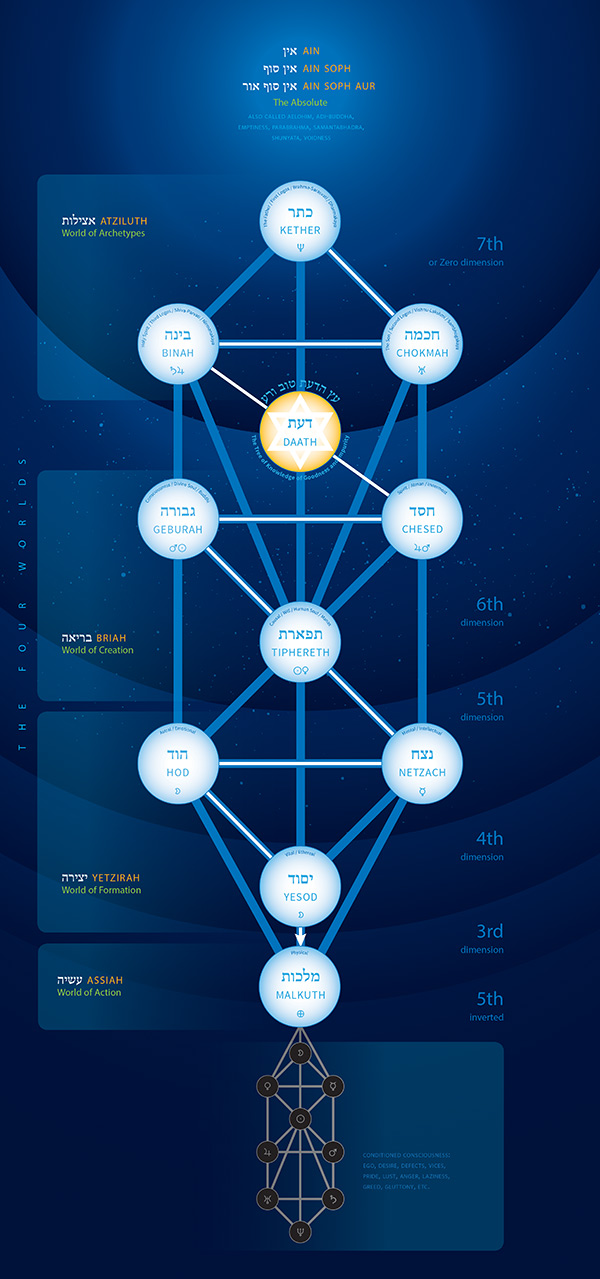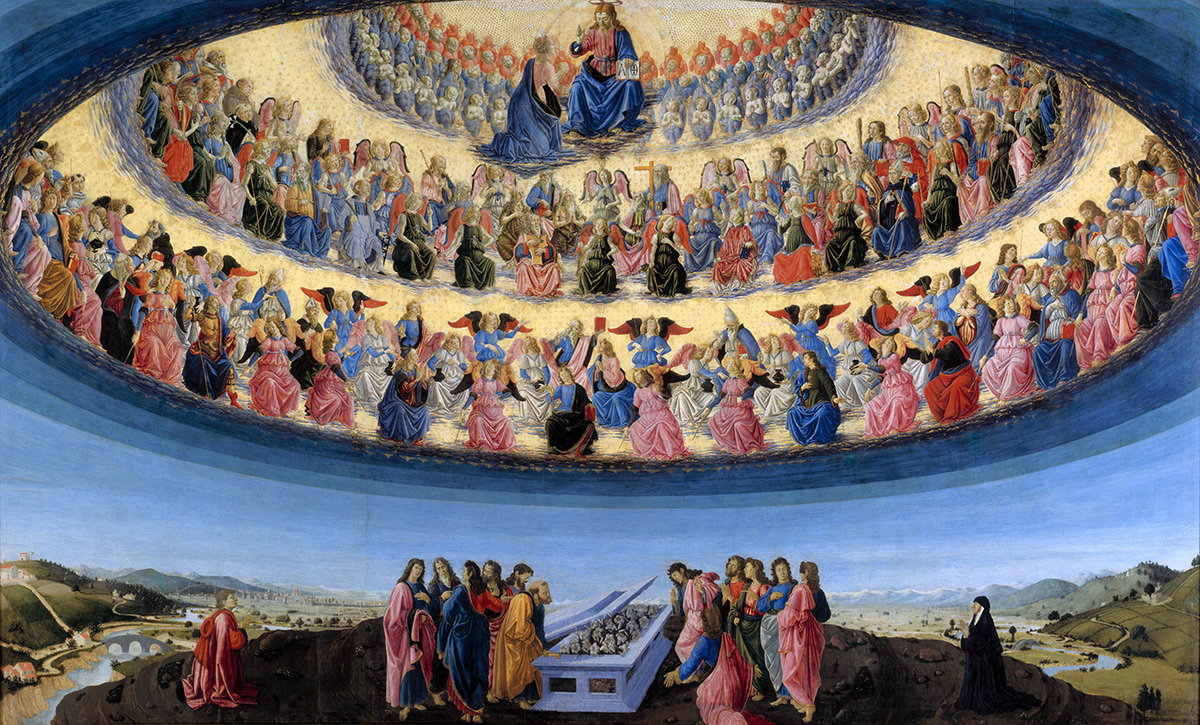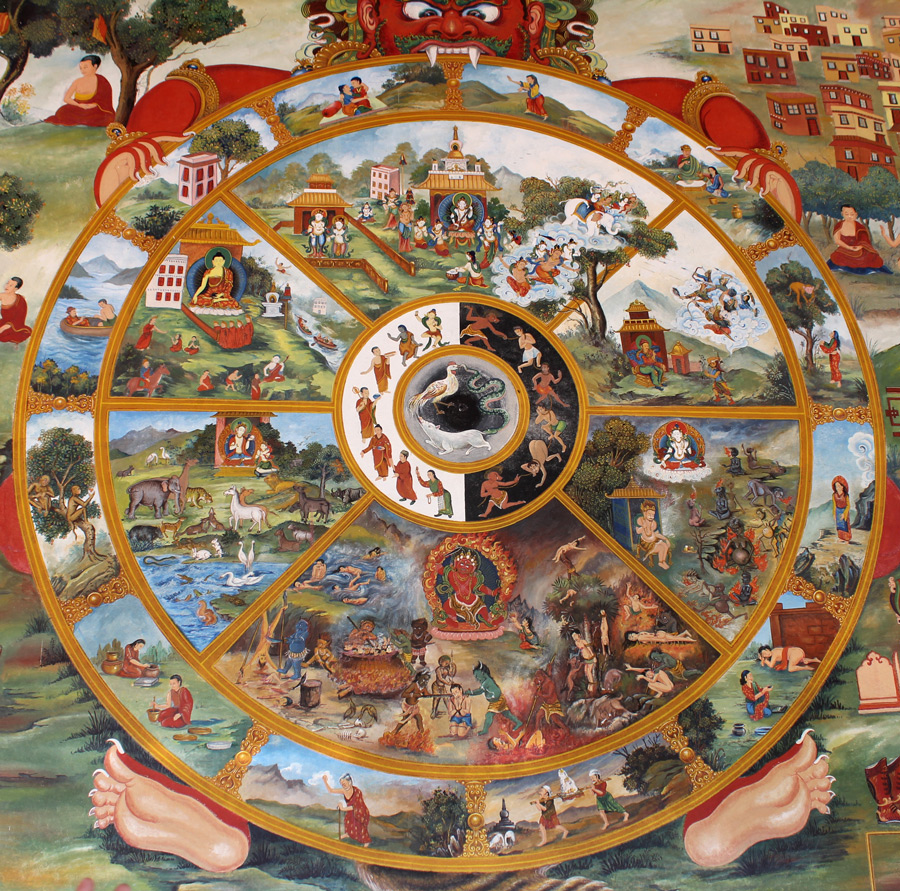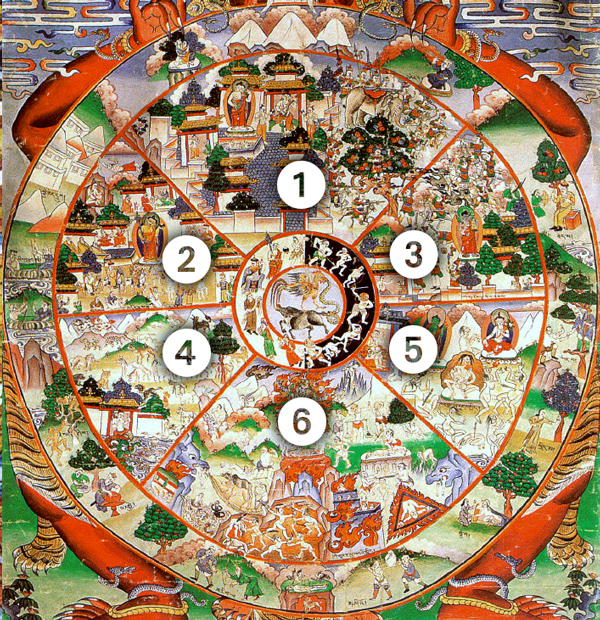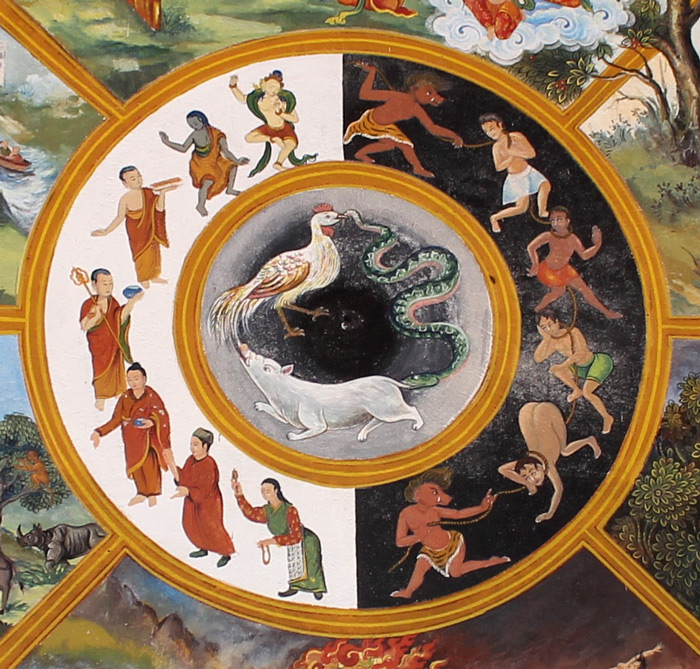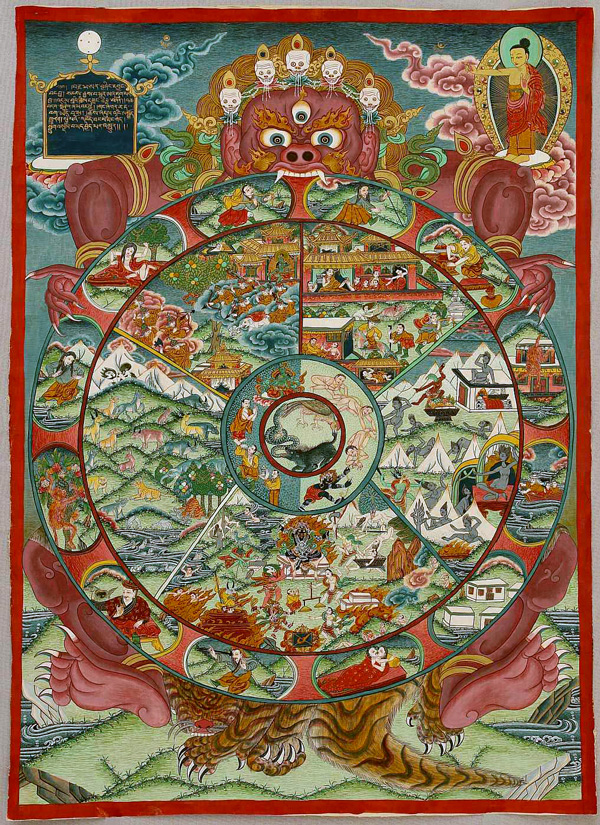In The Unbearable Lightness of Being, Czech author Milan Kundera posits that you only live once (social acronym YOLO), and this “lightness” signifies freedom — though it’s hard to hold.
But it wasn’t until I read Thomas Cowan, MD’s breakthrough book, Human Heart, Cosmic Heart, that I realized a conundrum: levity (lightness) means humor, and its counterpoint, gravity, equates to seriousness, tethering us to Earth. If gravity keeps us earthbound, it follows that humor would act as spiritual helium, helping us levitate: soar above our sorrow, at least figuratively.
Yet most people caught in a mirthful moment collapse with laughter, rather than rising into the atmosphere. And when the amusement subsides, the problems remain. What gives?
Cowan suggests far greater import to levity and gravity — one that impacts our very life force. And it’s a scathing indictment of how we live now.
Where Levity Is Lost
Referencing the work of naturalist Viktor Schauberger, Cowan writes,
“When one lives almost entirely in nature that is unspoiled by human contact, one often develops strong powers of observation. What Schauberger saw is the force of levity that lives in water. This force of levity flows upwards in vortices in the river. It is in these force ‘lines’ that healthy trout live effortless lives.
“Of course, these factors only exist when certain conditions are met. That is, the forest must be intact, there must be continuous tree covering shading the stream, there must be no dams anywhere on the stream, and the stream must be allowed to flow in its own path, not a path constructed by water ‘experts’. When all these conditions are met, once can observe the forces of levity balancing the forces of gravity, and, if in the river itself, one can experience the blissful life of the trout.
“When the forests are cut down and the streams straightened and dredged, the forces of levity are lost, and the trout has to swim for its life to maintain its position in the stream. Too exhausted to swim by muscle power upstream, it ends up with a life of continuous and useless toil. This is not unlike the plight of industrial man, swimming upstream for his entire life, getting depleted, weaker, sicker by the day.
“The important point here is that this force of levity, which allows for the effortless flow of water, is dependent on certain conditions such as temperature and flow dynamics (spiral- or vortex-based flow patterns). When these conditions are met, life is easy and health is the natural outcome. This state is the natural state of structured water. It is also the natural state of the structured water that is the basis for the flow of blood in our circulatory system.”
Out of Circulation
Cowan’s explanation unfolds layers of insight about the true cause of illness, on both a personal and planetary level. He describes my mother’s life and health to a T:
“This model allows us to see the real cause of varicose veins, congestive heart failure and poor circulation. These ailments occur when the structured layer fails to form properly. It is as if someone cut down our forest, kept us from the sun and Earth, and gave us poor quality nutrients and water.”
His analysis blew my circuits. No wonder mainstream medicine is inadequate in resolving chronic, systemic health issues: it doesn’t address the root cause.
As above, so below: roots and wings, water and sky. Life’s yin/yang is essential for our health and Gaia’s health. If our life is not flowing with natural rhythms, health deteriorates. Sequestered from the life force, we remove ourselves from circulation, like a worn-out book, and slowly decay.
A Heart of Gold
ORME is undetectable, nonreactive with other elements, non-conductive (i.e., doesn’t get hot) and lighter than its conventional counterparts.
Cowan makes the case that human beings are quantum coherent superconducting phenomena — more than the sum of our parts — and that the ORME, or cosmic form of gold, is the primary superconducting matrix [from the root word mater, or mother] without which nerve transmission and life itself would not be possible.
The Mother of All Levity
To paraphrase Abraham-Hicks, we can always choose to enter the vortex. In Dancing With Water, MJ Pangman and Melanie Evans write, “Vortices bring in raw energy for use in the creative process. They also cause individual elements to spin at velocities faster than the speed of light. These elements take on new traits referred to by some as super energy.” And ORME “borders on the etheric.” It’s a matter [= matrix = mother] of frequency.
Cowan says, “The heart of gold refers to its unique ability to carry out this transformation of an earthly element into cosmic gold, thereby providing the basis for life to exist.”
It’s what alchemists and sages down through the ages have been attempting to distill all along.
Celestial Call
At the close of 2017, Saturn moved into Capricorn, its home sign, where it will remain for the next three years. The arbiter of form invites us to take responsibility for the structure of our lives; to become their author, owning our authority.
If we wish to add more levity, joy — and possibly time — to our lives, we can infuse structured water into our body, and nature into our soul. When enough of us have done so, lightness will not only be bearable; we’ll wonder how we lived heavy-hearted for so long.
Sources:
- Human Heart, Cosmic Heart, Thomas Cowan, MD https://www.amazon.com/Human-Heart-Cosmic-Understand-Cardiovascular/dp/1603586199/ref=sr_1_1?s=books&ie=UTF8&qid=1514497705&sr=1-1&keywords=human+heart+cosmic+heart+by+dr.+thomas+cowan
- A New Sacred Geometry: The Art and Science of Frank Chester https://www.amazon.com/New-Sacred-Geometry-Science-Chester/dp/0988749203/ref=sr_1_1?s=books&ie=UTF8&qid=1514497857&sr=1-1&keywords=A+New+Sacred+Geometry
- Dancing With Water MJ Pangman, MS & Melanie Evans https://www.amazon.com/Dancing-Water-New-Science-Second/dp/0975272632/ref=sr_1_1?s=books&ie=UTF8&qid=1514497746&sr=1-1&keywords=dancing+with+water+2nd+edition
- The Chestahedron: The Wonder of Seven presentation by geometrician, artist, sculptor and teacher Frank Chester https://www.youtube.com/watch?v=dQMpEAsNHmY
© Copyright January 2, 2018 by Amara Rose. All rights reserved.
About the Author:
Amara Rose is a metaphysical “midwife” for our global rebirth. She offers spiritual mentoring, e-courses, a CD/mp3 of the journey, and an inspirational monthly newsletter.
Learn more at LiveYourLight.com. Connect with Amara on Twitter and Facebook.







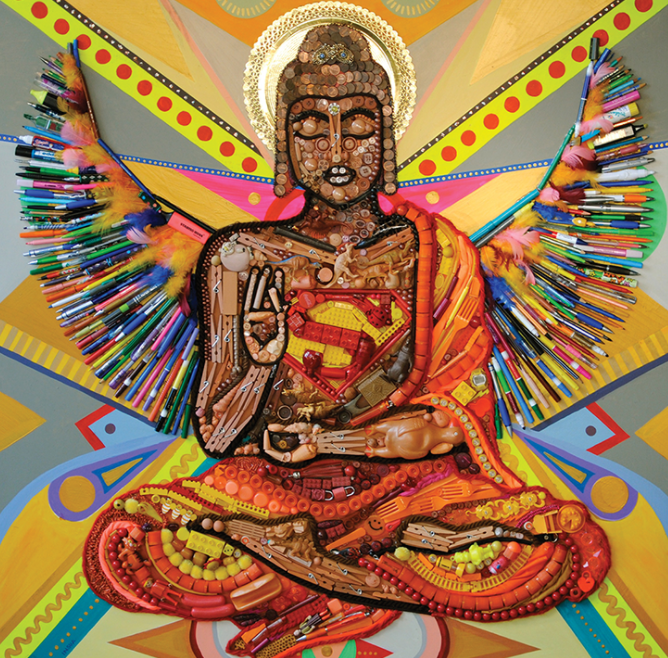

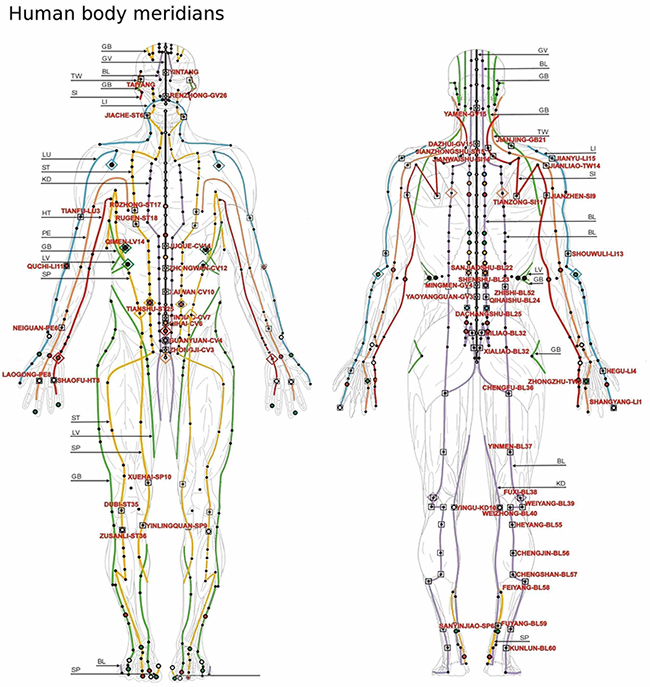
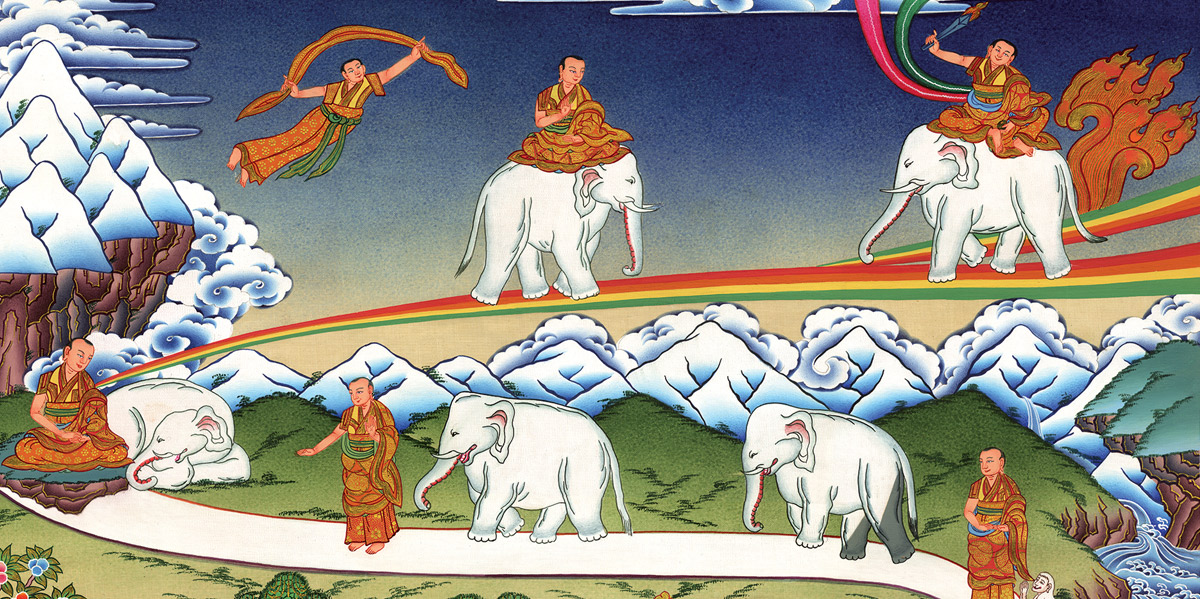
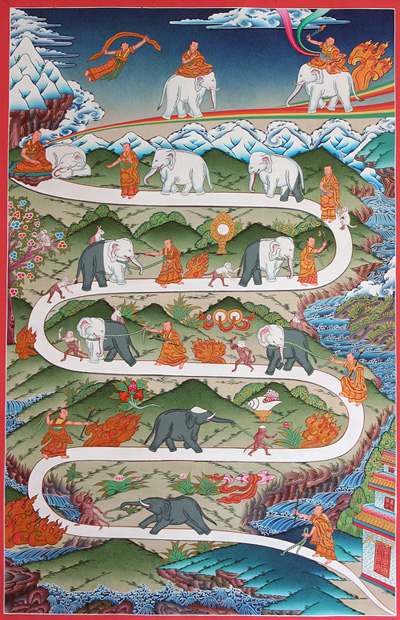
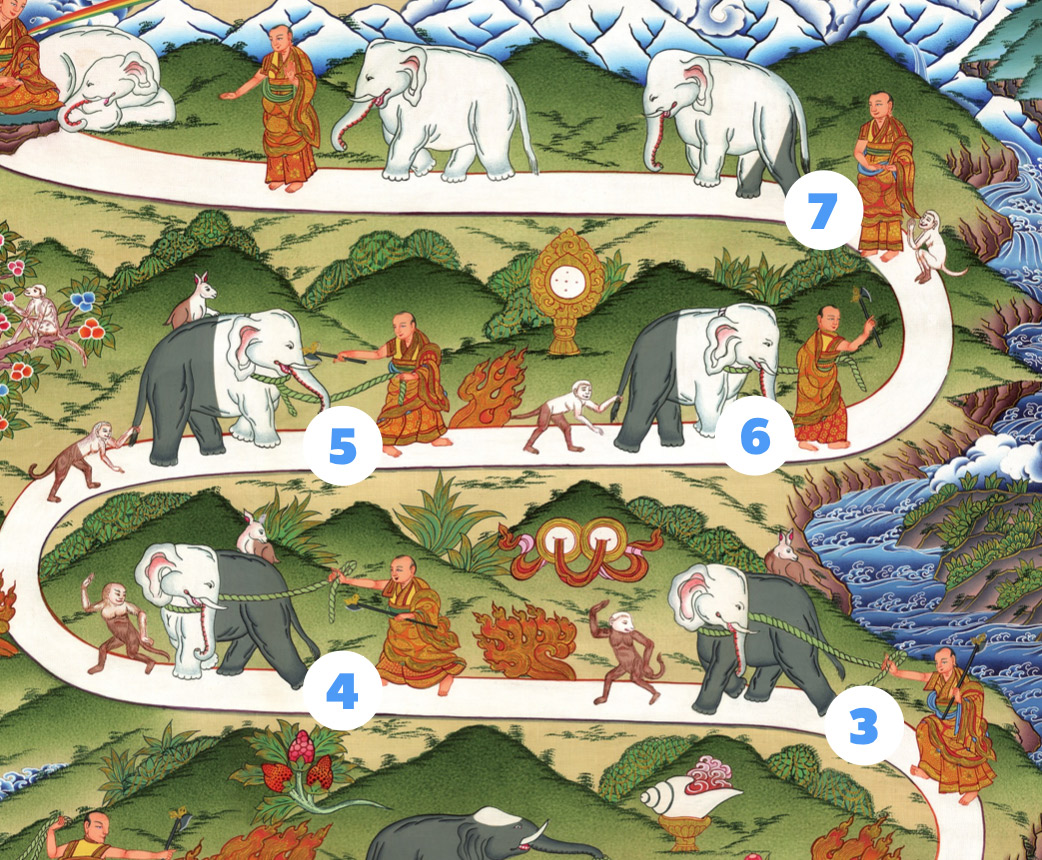
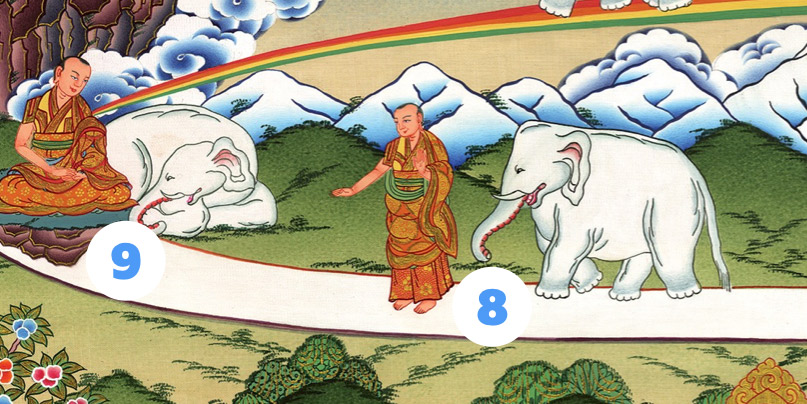
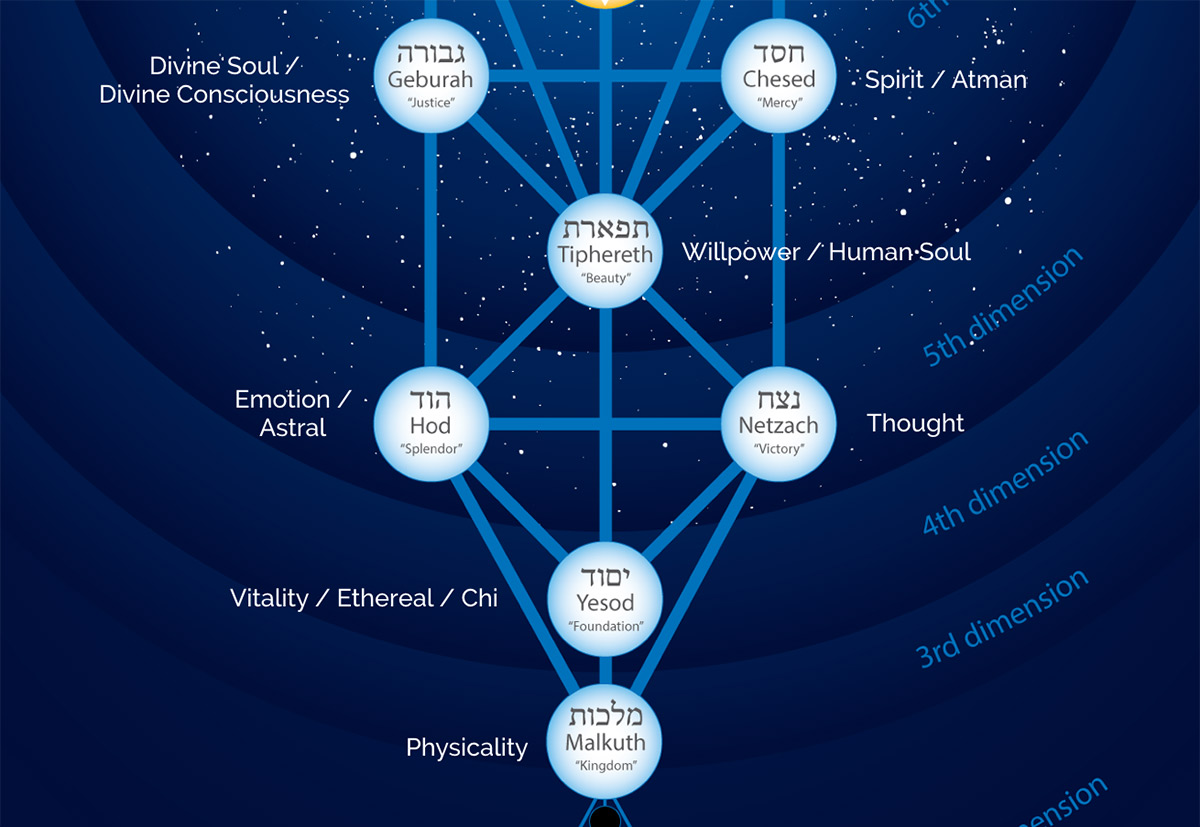
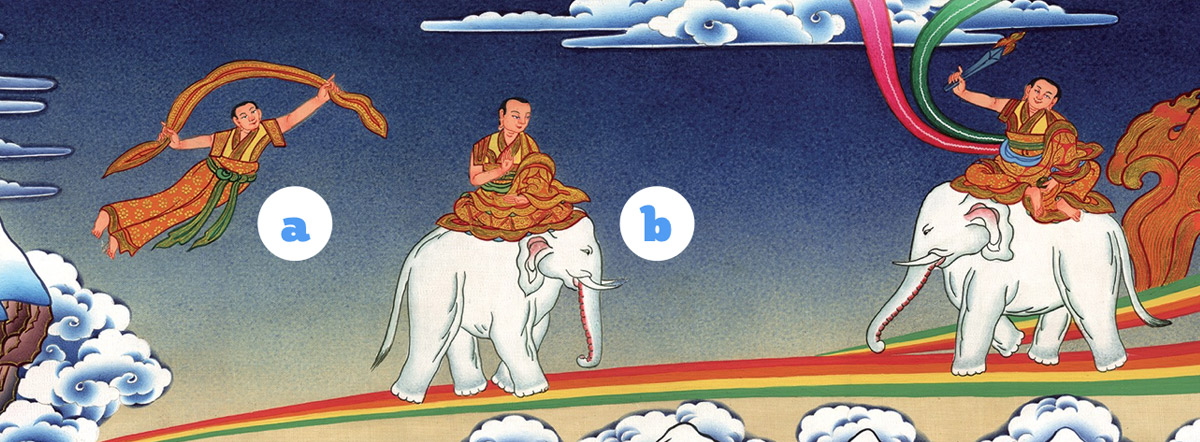
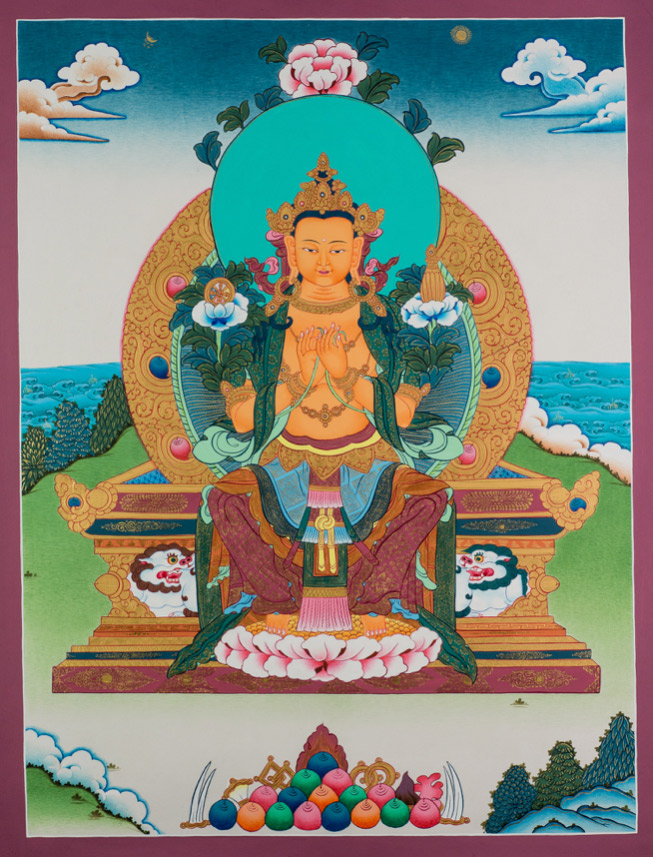
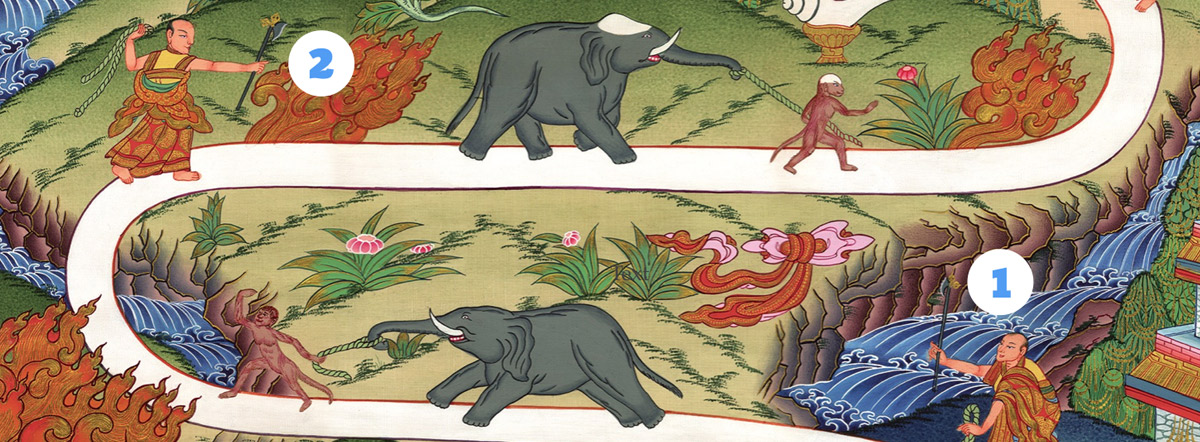
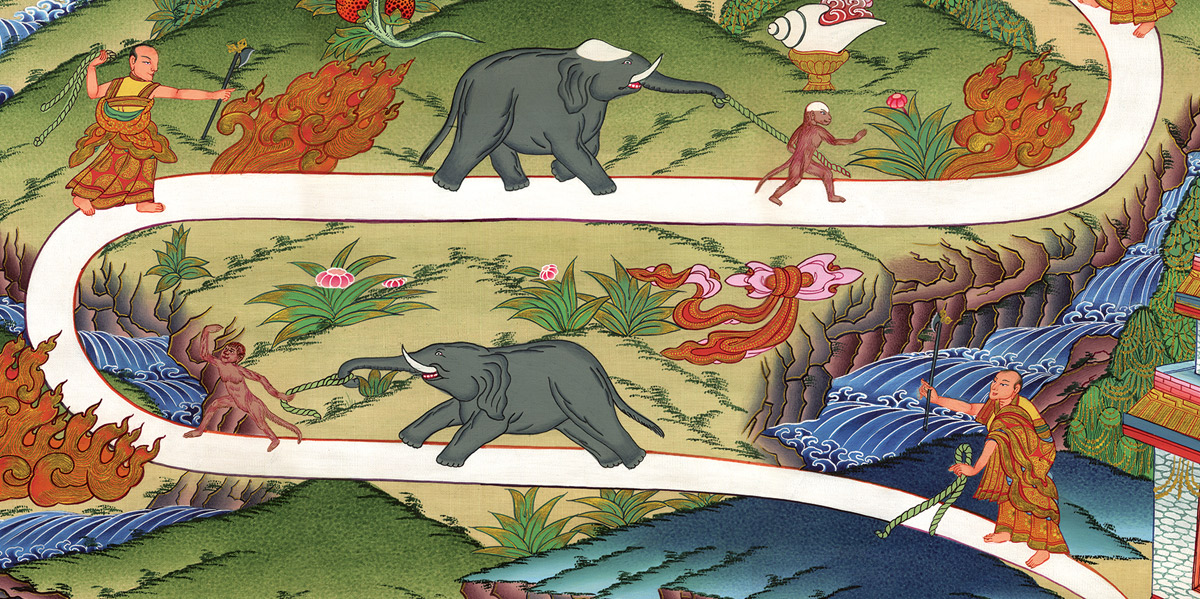
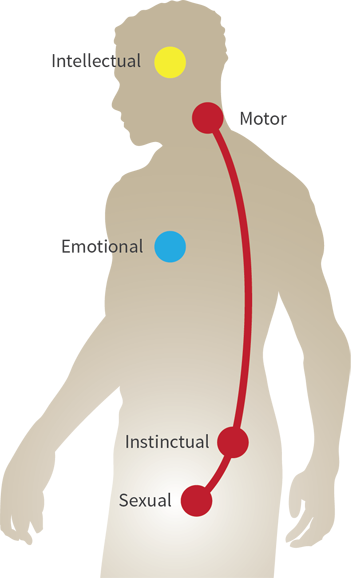 This image illustrates our five centers, also called three brains. These are psychological tools, machines that we are using all the time. However, we are not aware of them. We do not pay much attention to them.
This image illustrates our five centers, also called three brains. These are psychological tools, machines that we are using all the time. However, we are not aware of them. We do not pay much attention to them.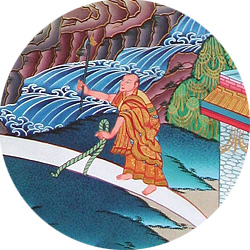 First is to have a place to live that supports our motivation and our spiritual life. That is represented in the graphic. At the very bottom right you see this temple and you see the monk, the renunciate, who is beginning the path. So the beginning of the path to reach a state of Meditation depends upon having a place that supports it. Most people read that “conducive dwelling,” and they only interpret it in the ancient traditional way, which was that one had to go to live in a cave or go live in a monastery in the wilderness and be isolated from society. But that is just external circumstances. The reason that they had to leave society was to isolate them from all their attachments: family, friends, love interests, alcohol, intoxicants, things to crave, things to chase after buying and selling, all the sorts of things that happen in society that keep the mind agitated. That is what is implied by “conducive dwelling” at its most fundamental level, and thus that is the real meaning: conducive dwelling means we should make steps to improve our environment. For example, keeping a very clean house has a big impact on your spiritual well-being, on your psychological well-being. Keeping yourself clean. Having a home that has a space, where you can practice, can really help you, even if it is just a corner, a room. I know somebody that made a closet into a Meditation chamber. If we can cultivate an environment that supports serenity, the more the better. If in your house you always have the TV on, the radio on, people are smoking, people doing drugs, people are sleeping around, if you live in a college dorm, this is going to be very difficult. This is because people in college dorms or in apartment buildings are surrounded by very intense psychological influences, very negative ones that are completely contradictory to achieving serenity. The effort, the work that is going to be required to overcome that is quite significant. A person in that circumstance may need to find some place that they can go to take a break, to have peace, such as a nearby church, temple, park, forest, lake; some place where they can go and be isolated from all of that; at least while they attempt to meditate.
First is to have a place to live that supports our motivation and our spiritual life. That is represented in the graphic. At the very bottom right you see this temple and you see the monk, the renunciate, who is beginning the path. So the beginning of the path to reach a state of Meditation depends upon having a place that supports it. Most people read that “conducive dwelling,” and they only interpret it in the ancient traditional way, which was that one had to go to live in a cave or go live in a monastery in the wilderness and be isolated from society. But that is just external circumstances. The reason that they had to leave society was to isolate them from all their attachments: family, friends, love interests, alcohol, intoxicants, things to crave, things to chase after buying and selling, all the sorts of things that happen in society that keep the mind agitated. That is what is implied by “conducive dwelling” at its most fundamental level, and thus that is the real meaning: conducive dwelling means we should make steps to improve our environment. For example, keeping a very clean house has a big impact on your spiritual well-being, on your psychological well-being. Keeping yourself clean. Having a home that has a space, where you can practice, can really help you, even if it is just a corner, a room. I know somebody that made a closet into a Meditation chamber. If we can cultivate an environment that supports serenity, the more the better. If in your house you always have the TV on, the radio on, people are smoking, people doing drugs, people are sleeping around, if you live in a college dorm, this is going to be very difficult. This is because people in college dorms or in apartment buildings are surrounded by very intense psychological influences, very negative ones that are completely contradictory to achieving serenity. The effort, the work that is going to be required to overcome that is quite significant. A person in that circumstance may need to find some place that they can go to take a break, to have peace, such as a nearby church, temple, park, forest, lake; some place where they can go and be isolated from all of that; at least while they attempt to meditate.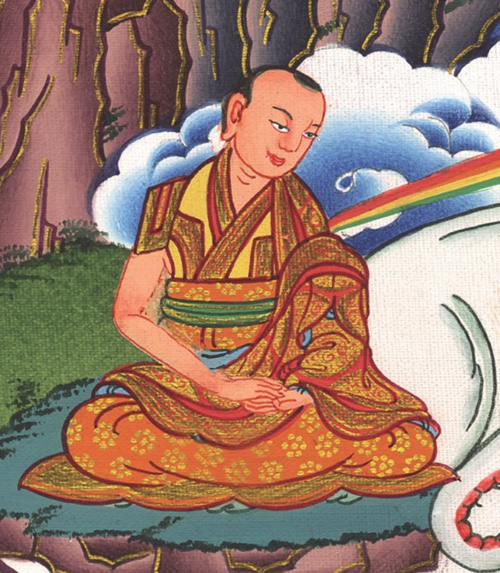 Effective posture primarily means that you are relaxed. This is the most significant thing. It has to be completely and fully relaxed; not just physically, but mentally and emotionally as well.
Effective posture primarily means that you are relaxed. This is the most significant thing. It has to be completely and fully relaxed; not just physically, but mentally and emotionally as well.